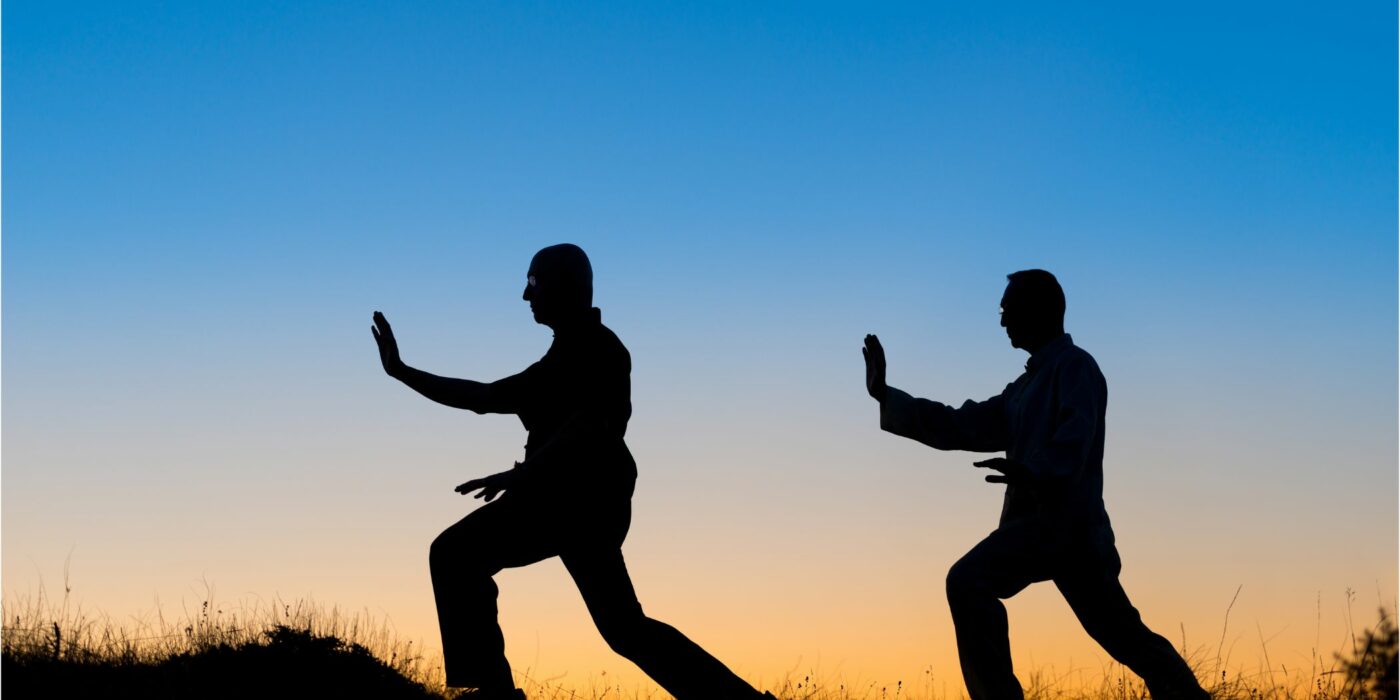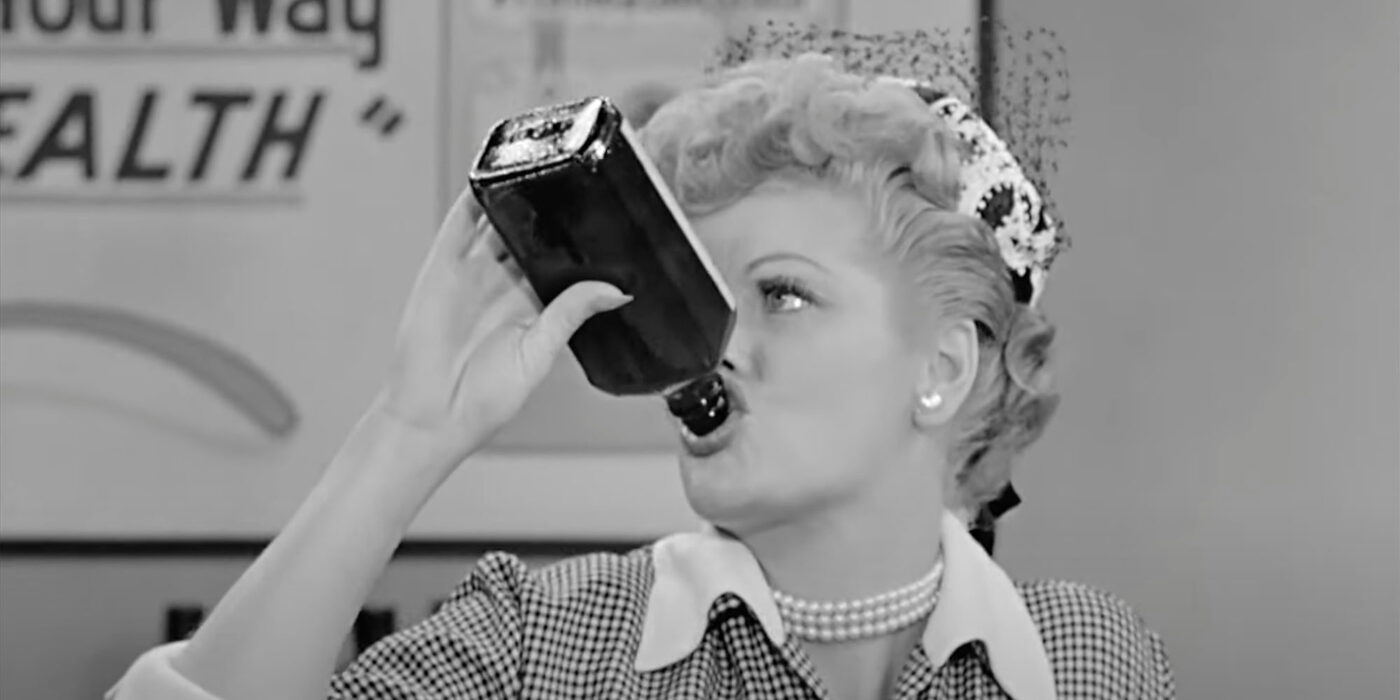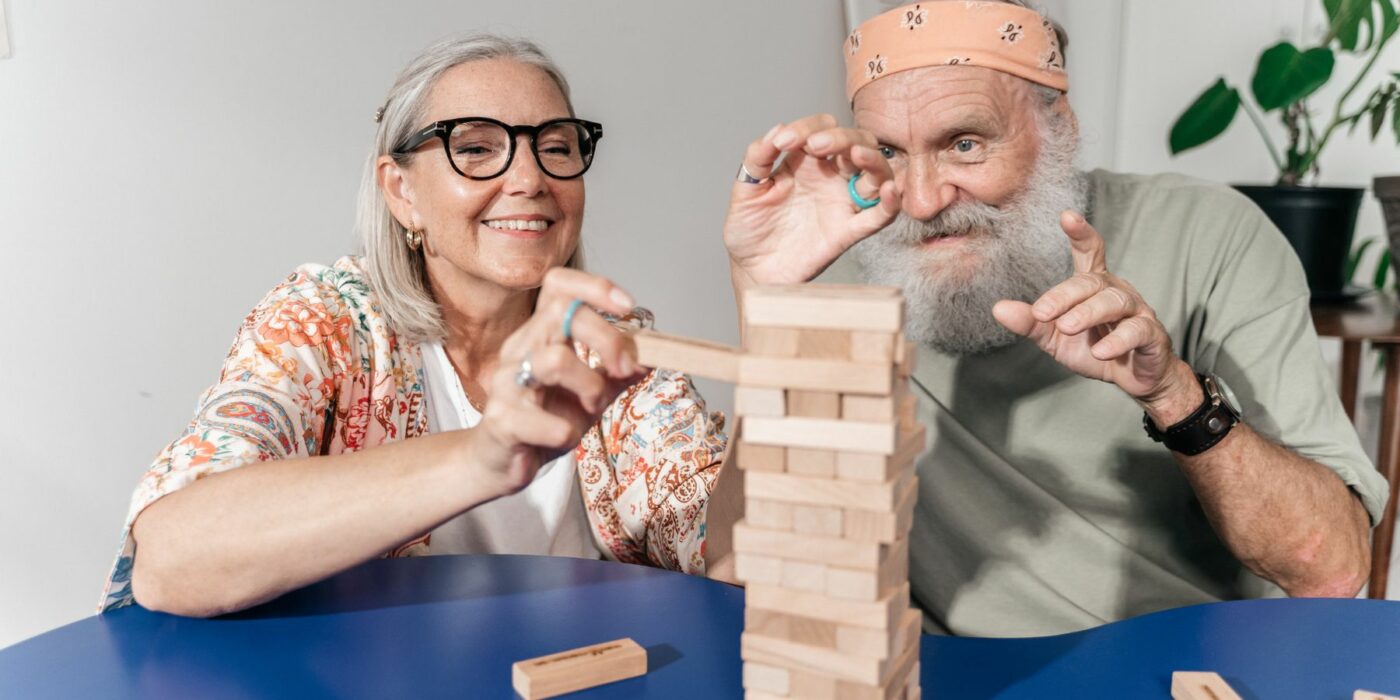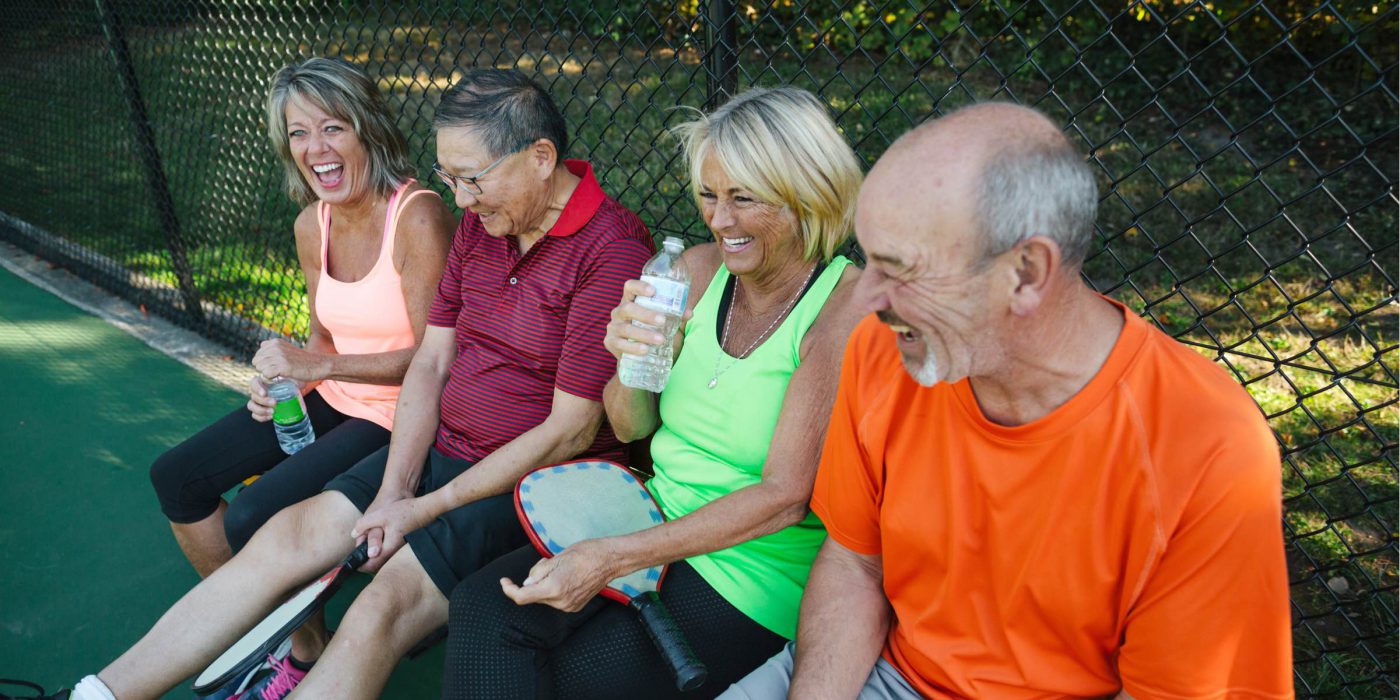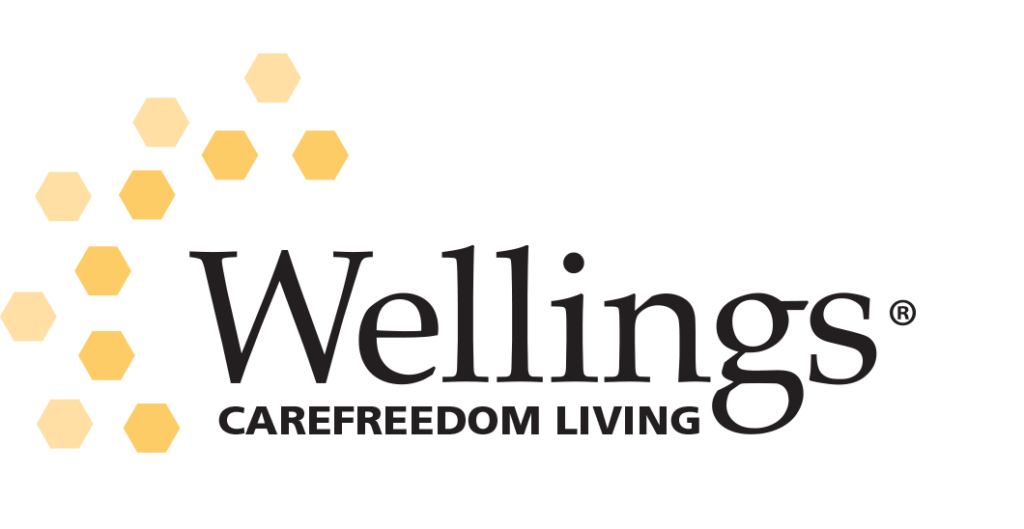Mobility: The Key to Healthy Aging and Independence
Aging is an inevitable part of life, but with the right strategies and support, it is possible to maintain a high quality of life well into our golden years. One critical aspect of healthy aging is maintaining mobility, which can significantly impact social and economic independence, as well as physical and mental health. In this post, we will explore the importance of mobility for older adults and discuss how to promote it for a more fulfilling and healthy life. We will draw on research from McMaster University’s Institute for Research on Aging, a leading centre for aging research, to provide insights and recommendations.
The Importance of Mobility in Healthy Aging
Physical Health
Maintaining mobility helps older adults stay physically active, which is vital for overall health. Regular physical activity can prevent or delay chronic conditions, such as cardiovascular disease, diabetes, and certain cancers. It also strengthens muscles and bones, reducing the risk of falls and fractures (McMaster University, Institute for Research on Aging).
Mental Health
Mobility supports cognitive health by stimulating brain function and promoting the growth of new neurons. Research from McMaster University’s Institute for Research on Aging has shown that engaging in regular physical activity can improve cognitive function, slow cognitive decline, and decrease the risk of dementia.
Social Interaction
Staying mobile allows older adults to participate in social activities and maintain relationships with friends and family. Social interaction is crucial for mental health, as it helps to combat feelings of loneliness and isolation that can contribute to depression and anxiety.
Economic Independence
Mobility enables older adults to continue working, volunteering, or participating in community activities, providing them with a sense of purpose and economic independence.
Strategies to Promote Mobility in Older Adults
Encourage Regular Physical Activity
Encourage older adults to engage in regular physical activity, such as walking, swimming, or tai chi. The World Health Organization recommends at least 150 minutes of moderate-intensity aerobic activity per week for adults aged 65 and older.
Create Safe and Accessible Environments
Ensure that older adults have access to safe, age-friendly environments that encourage physical activity. This may include installing handrails in bathrooms, ensuring well-lit walkways, and providing access to community centres with exercise facilities designed for older adults.
Promote Preventative Healthcare
Regular check-ups and screenings can help detect and address potential health issues before they become severe. Encourage older adults to stay up-to-date with vaccinations and attend routine medical appointments.
Provide Mobility Aids
For older adults with mobility limitations, assistive devices such as canes, walkers, and wheelchairs can help maintain independence and encourage physical activity.
Encourage Social Engagement
Support older adults in staying socially active by encouraging participation in community events, clubs, or volunteer opportunities. Social interaction can help motivate older adults to stay mobile and maintain their overall health.
Mobility is a critical aspect of healthy aging, with significant implications for social and economic independence and physical and mental health. By promoting mobility among older adults, we can help them maintain their independence and enjoy a higher quality of life. The research conducted by McMaster University’s Institute for Research on Aging highlights the importance of mobility and provides valuable insights into how to support older adults in staying active and engaged. By implementing these strategies, we can contribute to healthier, happier, and more independent older adults in our communities.

